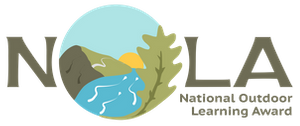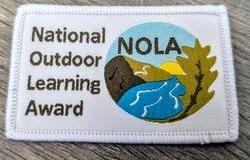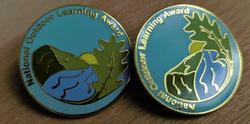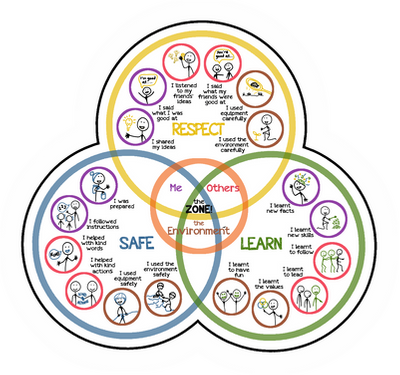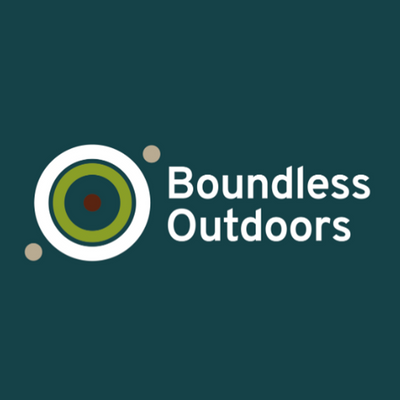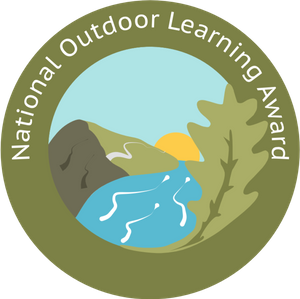NOLA Badges
The Institute for Outdoor Learning are pleased to support The National Outdoor Learning Award.
- NOLA can be used with different ages, needs, outdoor environments (on-site, woodland, hill, sea etc.), different activities (outdoor, adventure, field study, environmental) and with single and multiple session programmes
- NOLA assists learners to develop high levels of motivation, esteem, skill, knowledge and desire to learn.
- NOLA provides evidence of development in three areas - self, others and the environment.
- NOLA gives outdoor learning professionals and organisations the opportunity to embed personal development into their delivery.
Thanks to a partnership between IOL and the creator Dr. Roger Hopper, NOLA is a FREE resource available by emailing IOL.
The National Outdoor Learning Award (NOLA) was developed by?
Dr Roger Hopper designed and first used the concepts of the NOLA award while working at a Pupil Referral Unit (Horizons, 2008). The NOLA award is based upon long standing research into Outdoor learning’s impact on personal development and continued to be developed by trialling it in practice within a Special Needs School (Horizon, 2011). One of the main aims of the NOLA award is to capture and celebrate the personal and social change created by outdoor learning, in a measurable manner. The desire to quantify a primarily qualitative change was born out of countless times of not being able to evidence developments. In comparison to mainstream curricula Outdoor learning therefore appeared ineffective.
The current format of the NOLA award and resources, were developed by Dr Hopper. A national steering group was formed in 2014 to further the direction of the award and a link with IOL created which has led to NOLA being available as a FREE resource from 2018 for all involved in outdoor learning.
Is it really FREE to use?
Yes, a partnership between IOL and the creator of NOLA, Dr. Roger Hopper, has ensured NOLA is a FREE resource.
Trialling the award with other providers has shown that administration and use of the award is easily understood and implemented. However, if required, initial support and CPD development can be provided.
How NOLA can help your Organisation...
It is particularly useful for…
A model for change and a model of change…
Achieving the NOLA award is not a series of hoops to jump through but a model for change and a model of change. As a model for change it has the capacity to help us develop our outdoor professional practice and as a model of change it has the possibility to evidence (capture) and celebrate the impact of outdoor learning.
References
Hopper, R. (2008) Excluded and Challenging but Able to Learn. Institute for Outdoor Learning. Horizons (44).
Hopper, R. (2012) Teaching Skills as a Core Part of a School Curriculum. Institute for Outdoor Learning. Horizons (58).
Funding future developments…
